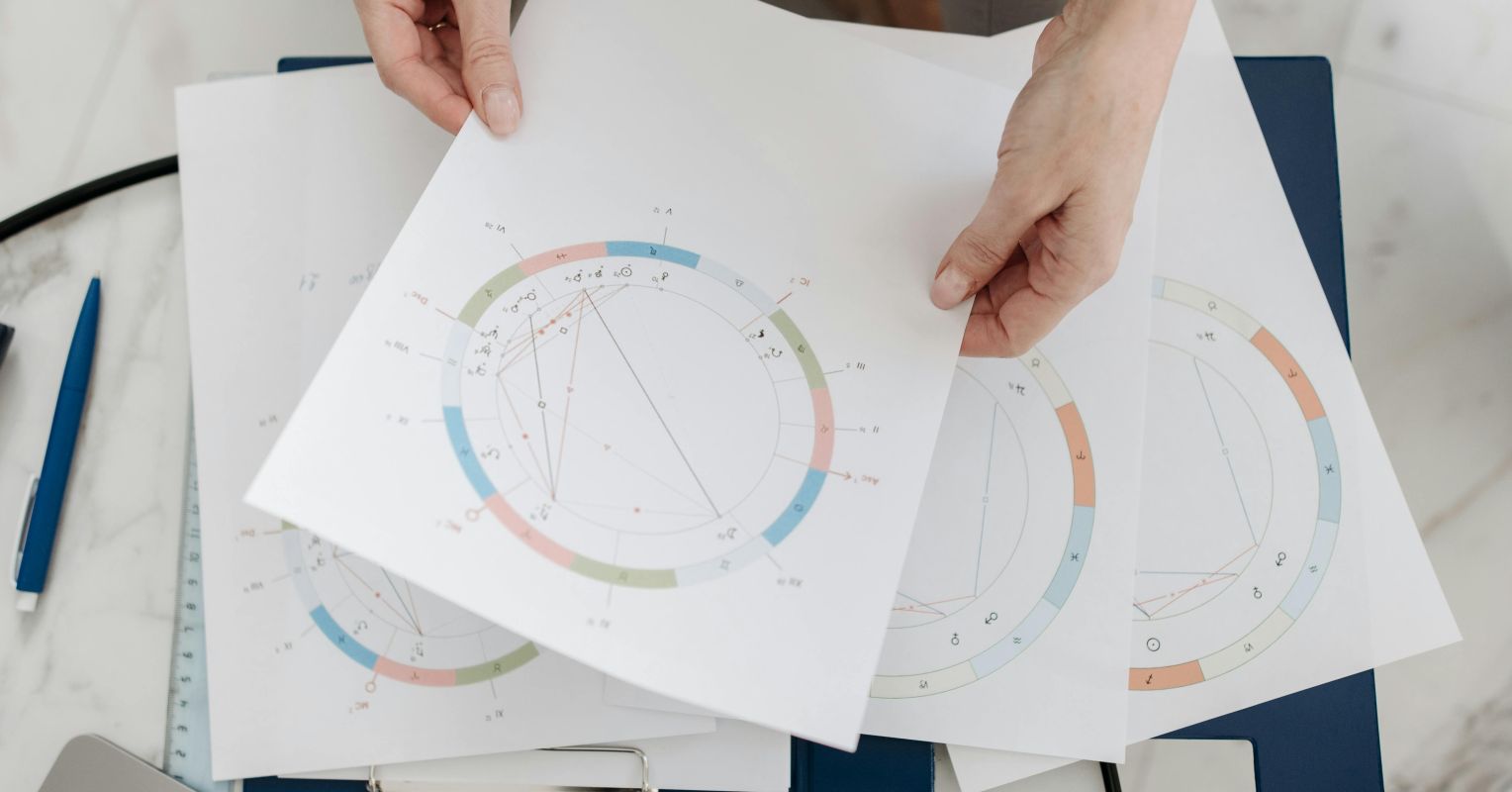
Imagine a master chef preparing for the dinner rush. Before the first customer arrives, they are already chopping vegetables based on yesterday’s orders, preheating ovens for the most popular dishes, and setting aside ingredients for likely special requests. They do not wait to see what people order—they anticipate, prepare, and adjust based on patterns from countless previous nights. When orders come in, they are ready to create each dish swiftly and efficiently. This is precisely how your brain operates—as a prediction machine, continuously anticipating and interpreting reality based on past experiences.
Why Our Brain Predicts
Predictive processing is an efficient way for the brain to handle information. By anticipating likely outcomes and preparing responses, we make decisions more efficiently. This minimizes the energy required to react to every stimulus anew, helping us quickly adapt to new situations with less effort. Our brain is an efficiency apparatus that cares little about emotional pain; much of our suffering comes from the brain’s need to be efficient.
The concept of the brain as a prediction machine has been extensively explored in neuroscience over the past three decades. Notable researchers include Karl Friston, who proposed the free-energy principle to explain how the brain minimizes surprise and uncertainty; Anil Seth, who explores how predictive processes shape our perception of reality; and Lisa Feldman Barrett, who suggests that emotions are constructed by the brain’s predictions.
Impact on Mental Health
Our brain predicts everything—from the next word in a conversation to the movement of cars around us. This predictive ability has a significant impact on our mental health, acting as a mental guide to help us navigate the complexities of life.
However, adversity, chronic stress, and negative biases can distort our predictions. When expectations clash with reality, prediction errors trigger emotional responses such as anxiety, pain, insecurity, or distress. Individuals with anxiety may have brains that constantly predict danger in safe situations. Those with depression tend to predict negative outcomes and struggle to envision positive possibilities.
When we develop a habit of predicting negative outcomes, we may begin to anticipate rejection, misinterpret neutral actions as threats, and amplify our concerns. This can create a downward spiral that fuels negativity, impacting our mood, relationships, and overall well-being.
How Trauma Affects Predictions
Traumatic events—or the activation of survival circuits—can especially taint our predictions with danger and threat, creating a perceived need to protect ourselves from “enemies” or risks that existed in the past but are now only projections in the present. Rather than being stored solely as memory, recollections of threatening events become integrated into present experiences, altering perception and causing the brain’s predictions to feel real.
When prior knowledge is negative or traumatic, we unconsciously fill gaps with catastrophic predictions before our senses fully process the environment. This catastrophizing is meant to be a protection—a way to ensure we are ready for any eventuality—but without our conscious awareness, it leads to biased perception, heightened anxiety, and hopelessness.
As Anil Seth notes, “What we experience comes just as much from the inside out as from the outside in.” This quote suggests that our internal experiences can manifest externally. For example, you may have had the experience of momentarily seeing the face of someone you were thinking about in the faces of others. Your brain briefly convinces you that the person is nearby when they are not. If the person is someone you fear, you may experience these types of hallucinations multiple times a day, each one more vivid than the last, because the brain believes you are at risk.
Using Predictions in Our Favor
The good news is that we can use this very feature of our brain to reverse our emotional struggles and foster greater stability. Our brains excel at spotting patterns, even subconsciously. Positive experiences, such as a supportive friend or a delicious meal, reinforce positive predictions, creating an upward mental spiral. Happiness becomes self-perpetuating, as positive experiences reinforce positive predictions, fostering a cycle of well-being.
Understanding how our brains make predictions can help us become more aware of our biases and assumptions, leading to improved decision-making and a healthier internal reality. Although we often live as passive passengers in our mental metropolis of predictions, we do not have to remain so. By recognizing our brain’s predictive tendencies, we can actively reshape them.
Imagination is a remarkably powerful cognitive ability that allows us to mentally simulate experiences, scenarios, and possibilities that are not present in our immediate reality. The brain does not necessarily distinguish between imagined experiences and real experiences in terms of the neural processes involved. When we imagine something vividly, the brain activates many of the same neural networks and regions that would be engaged if we were actually experiencing that scenario in real life.
Here is an exercise you can follow to incorporate positive visualization into your daily routine and take advantage of the prediction machine:
Simple Visualization Exercise
- Find a quiet space and close your eyes.
- Take deep breaths to relax.
- Visualize a positive outcome that brings you joy and confidence related to a concern.
- Engage your senses—imagine sights, sounds, smells, and textures.
- Fully immerse yourself in the experience and feel the calming effect of your hopeful thoughts.
- Practice regularly, especially during stress or anxiety.
Understanding predictive processing empowers us to take proactive steps toward emotional well-being. The goal is not to erase negativity but to become skilled urban planners, shaping our internal landscapes for greater resilience. Let us reclaim control of our mental city, one mindful step, one reframed thought, and one act of self-compassion at a time.
